Best Way to Be Hydrated
Going beyond just drinking water. Explore ways to keep your body healthy with optimal hydration
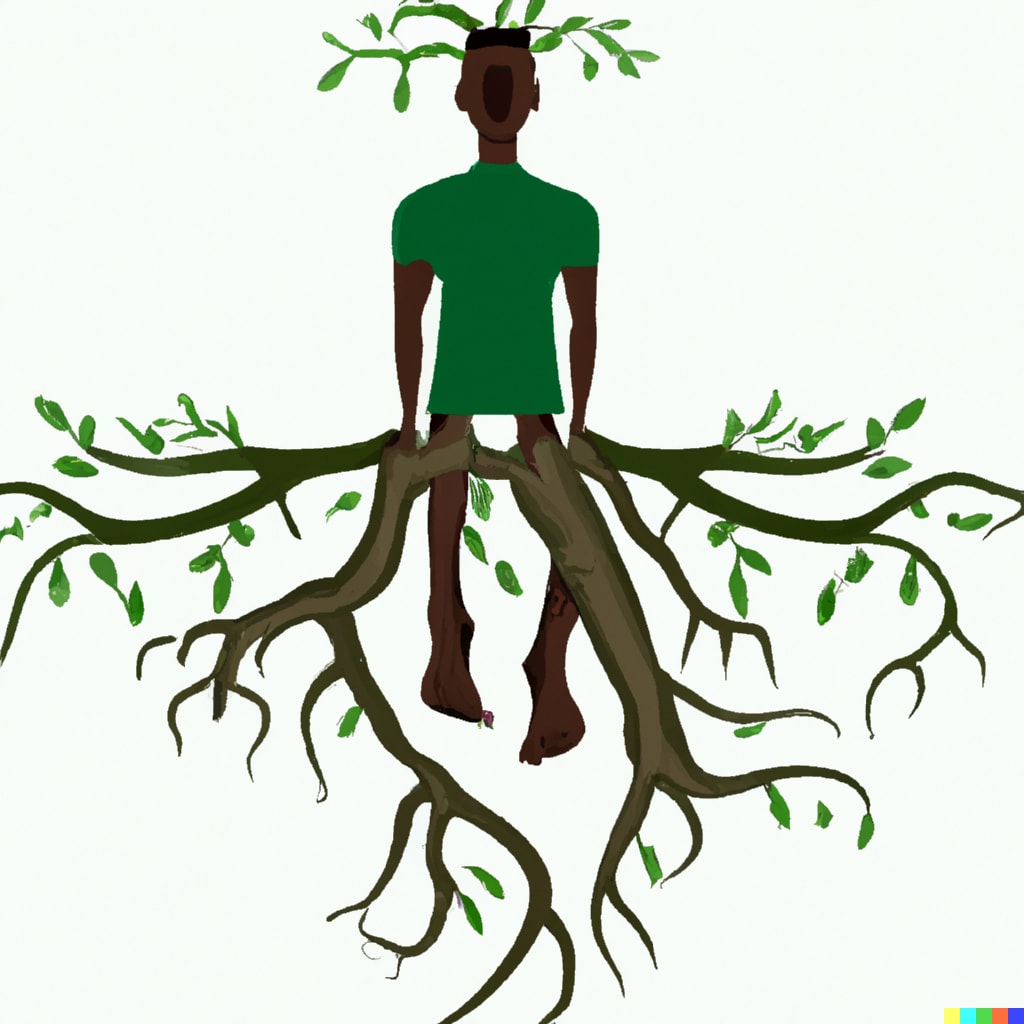
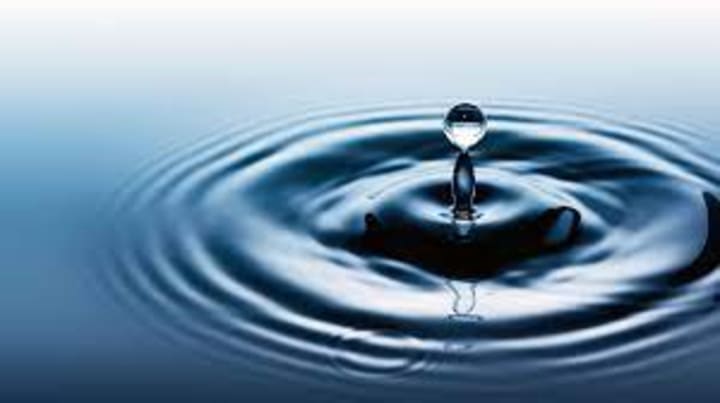
Hydration is important for overall health and well-being. Water is essential for many of the body's functions, including
1. Regulating body temperature: Water helps to regulate body temperature through sweating and respiration.
2. Transporting nutrients: Water is essential for the transport of nutrients, such as glucose and amino acids, throughout the body.
3. Removing waste: Water helps to flush toxins and waste products out of the body through urine and feces.
4. Moisturizing tissues: Water helps to keep tissues, such as those in the mouth, eyes, and skin, moist and healthy.
5. Lubricating joints: Water helps to lubricate joints and maintain healthy cartilage.
6. Maintaining blood pressure: Water helps to regulate blood pressure by balancing the amount of fluids in the body.
7. Digestion: Water is essential for digestion and the breakdown of food in the body.
As it is evident, water plays a crucial role in maintaining the health and functioning of the body's systems.
When the body is dehydrated, it can cause a range of symptoms, such as fatigue, headache, and dry mouth. In severe cases, dehydration can lead to more serious health problems.
According to studies, the majority of people are not adequately hydrated. Factors that can contribute to dehydration include a high-sodium diet, living in a hot or humid climate, and engaging in physical activity. Certain medications and medical conditions, such as diabetes and kidney disease, can also increase the risk of dehydration.
Drinking water can help to prevent dehydration, but in some cases, it can also cause temporary dehydration. This can happen if you drink large amounts of water in a short period of time, especially if you are not adequately electrolyte-balanced.
Electrolytes, such as sodium, potassium, and magnesium, help to regulate the balance of fluids in the body. When you drink large amounts of water, your body's electrolyte levels can become diluted, which can lead to a condition called hyponatremia, or low sodium levels in the blood. Symptoms of hyponatremia can include dizziness, nausea, and muscle cramps. To prevent temporary dehydration caused by drinking water, it's important to drink water in moderation and to replace electrolytes by consuming electrolyte-rich foods or drinks,
So staying hydrated goes beyond just drinking plenty of water. Here are some ways to stay hydrated:
1. Eat water-rich foods, such as fruits.
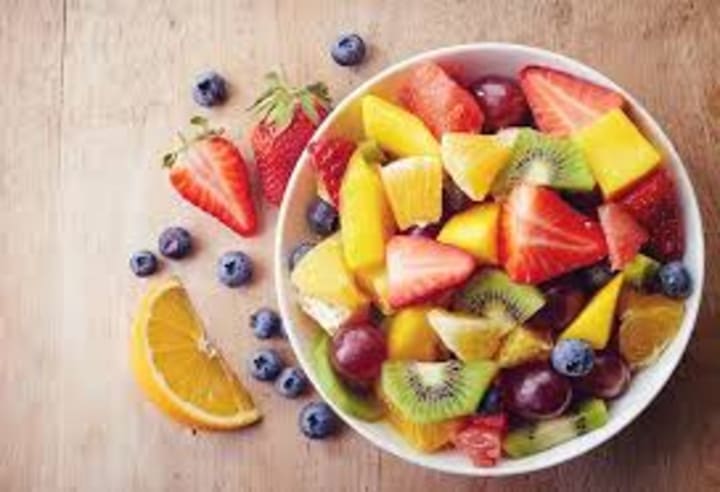
Eating fruits is a great way to stay hydrated, as many fruits are high in water content. Fruits are also a good source of essential nutrients, such as vitamins, minerals, and antioxidants, which can support overall health and well-being.
Some of the most hydrating fruits include watermelon, strawberries, cantaloupe, and oranges. These fruits are high in water content, with watermelon being over 90% water by weight. Fruits like these can be a refreshing and tasty way to stay hydrated, especially during hot weather or after physical activity.
In addition to their high water content, many fruits also contain electrolytes, such as potassium and sodium, which can help to balance fluids in the body and prevent dehydration. Fruits like bananas, avocados, and coconut are particularly high in electrolytes.
Eating a variety of hydrating fruits can be a delicious and convenient way to stay hydrated and support overall health. In addition to whole fruits, fruit-infused water and smoothies made with hydrating fruits can also be a tasty way to stay hydrated.
2. Avoid dehydrating drinks, such as alcohol, coffee, and soda.
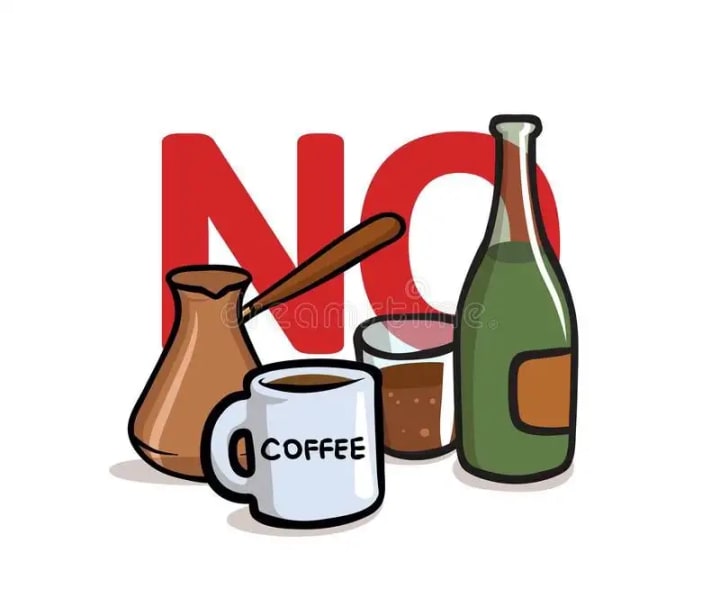
Alcohol is a diuretic, which means that it increases urine production and can lead to dehydration. It's important to drink water or other hydrating beverages when consuming alcohol to help offset its dehydrating effects.
Coffee is also a diuretic, and while it does contain some water, it can also contribute to dehydration. To stay hydrated, it's important to drink water or other hydrating beverages in addition to coffee.
Soda is high in sugar and can contribute to dehydration. It's important to limit consumption of soda and other sugary drinks and choose water or other hydrating beverages instead.
To stay hydrated, it's important to drink plenty of water and other hydrating beverages and to limit intake of dehydrating drinks. By paying attention to your fluid intake and making smart beverage choices, you can help to ensure that your body is properly hydrated and functioning at its best.
3. Breathe deeply and slowly.
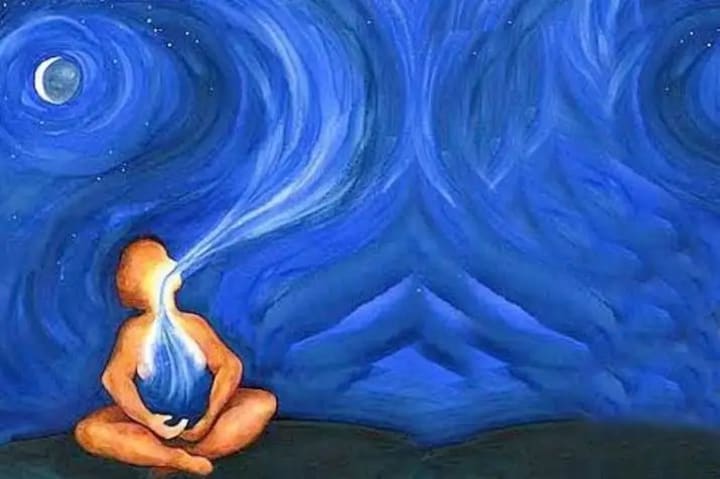
Breathing deeply and slowly can help to improve hydration by increasing the amount of oxygen in the body. Oxygen is essential for many of the body's functions, including the production of energy and the detoxification of waste products. When the body is oxygen-deprived, it can lead to a range of health problems, including fatigue, headaches, and difficulty concentrating.
- To breathe deeply and slowly, try the following:
- Find a comfortable, quiet place to sit or lie down.
- Place one hand on your chest and the other hand on your belly.
- Take a deep breath in through your nose, filling your belly and chest with air.
- Exhale slowly through your nose, releasing the air from your belly and chest.
- Continue to breathe deeply and slowly, focusing on the breath and allowing yourself to relax.
Breathing deeply and slowly can help to increase the amount of oxygen in the body and improve overall health and well-being. It's a simple, effective way to improve hydration and support overall health.
Other ways to stay hydrated include:
Exercise regularly. Physical activity can increase your body's need for water and help you stay hydrated. Just be sure to drink plenty of water before, during, and after your workouts.
Stay cool. High temperatures can cause your body to sweat, leading to dehydration. To stay cool and hydrated, try to stay in air-conditioned environments or wear lightweight, loose-fitting clothing.
Use a humidifier. Dry air can cause your skin and mucous membranes to become dehydrated. Using a humidifier can add moisture to the air and help to keep your body hydrated.
Take frequent sips of water throughout the day, rather than waiting until you feel thirsty to drink.
Pay attention to your body's thirst signals and drink water as needed.
Use a water bottle and carry it with you throughout the day to help you stay hydrated on the go.
Staying hydrated is essential for overall health and well-being. There are many ways to stay hydrated, including drinking plenty of water and other hydrating beverages, eating water-rich foods, avoiding dehydrating drinks, and paying attention to your body's thirst signals. It's also important to maintain a healthy electrolyte balance to support hydration, which can be achieved by drinking water, eating electrolyte-rich foods, and replacing electrolytes after physical activity. By following these tips and paying attention to your body's hydration needs, you can help to ensure that your body is properly hydrated and functioning at its best.
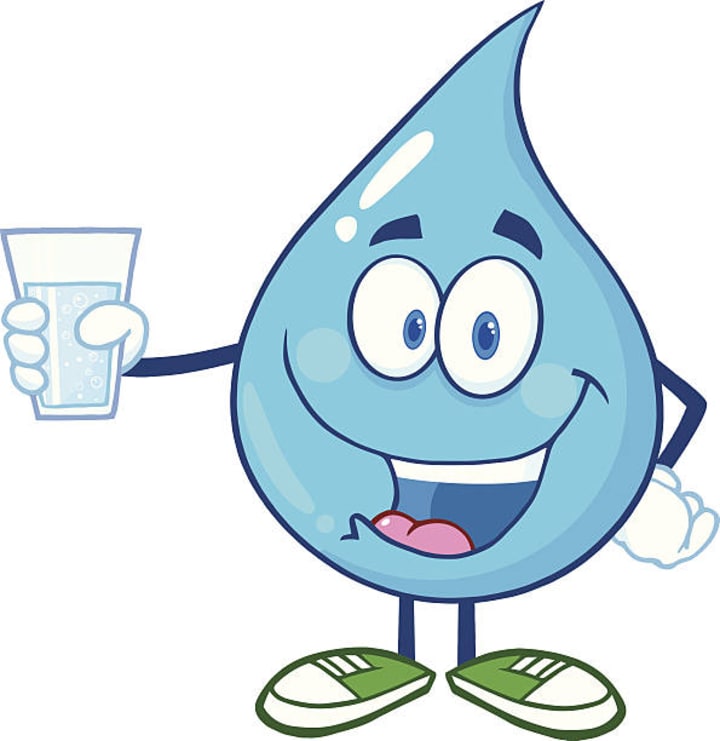
Thank you for reading!
About the Creator
Enjoyed the story? Support the Creator.
Subscribe for free to receive all their stories in your feed. You could also pledge your support or give them a one-off tip, letting them know you appreciate their work.






Comments
There are no comments for this story
Be the first to respond and start the conversation.